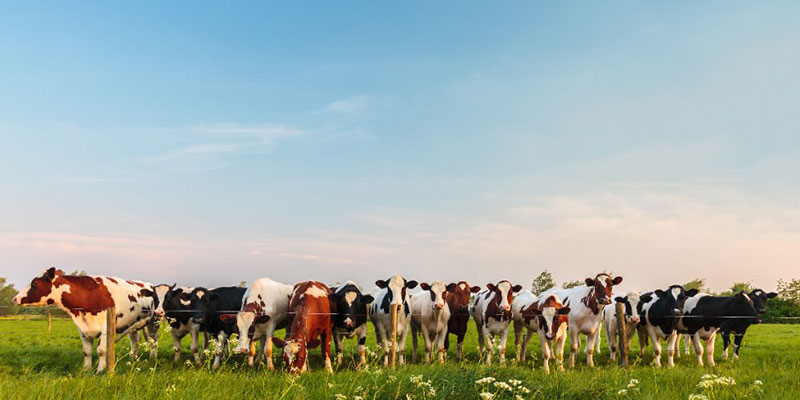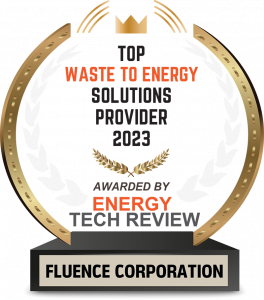Converting dairy waste into biogas and other valuable resources trims disposal costs, and saves water and energy
Dairy and livestock farmers have been reaping the benefits of converting animal waste into biogas through anaerobic digestion. Now dairy processors are following suit by recycling the organically rich waste that they generate. Instead of discharging waste byproducts into the environment, where the high nutrient load can cause problems including mass die-offs of aquatic life, waste streams are sent to an anaerobic digester and converted to biogas, a valuable source of clean, renewable energy. Biogas can be used to power boilers or co-generated into electricity.
Many of the waste products generated during dairy production, such as whey, buttermilk, wastewater from cheese processing, and ultrafiltration permeates, are costly to treat and discard. In an anaerobic digester, these low-value waste products provide food to bacteria that produce methane as they decompose the waste. The methane-rich biogas that the bacteria produce is captured and converted to energy to power the dairy’s operations, or it can be sold.
While energy-rich biogas is the key material produced, it is not the only one arising from anaerobic digestion. The operation also produces nutrient-rich liquid and solid digestate that can be used as organic fertilizer.
Sustainable Business Practice
Converting dairy byproducts into biogas not only improves the environmental and economic sustainability of dairy operations, but the organic, nutrient-rich fertilizer produced also reduces dependence on chemical fertilizers that discharge carbon dioxide and nitrous oxide, two of the three top greenhouse gases responsible for climate warming. The energy sector and the agricultural sector are the two largest contributors of these emissions, so reducing them contributes to more sustainable and climate-friendly farming practices.
Considering that food production is responsible for a quarter of global greenhouse gas emissions, the dairy industry can help the environment by introducing climate-friendly farming practices and sustainable business operations. Diverting manure from dairy processing into biodigesters not only captures methane that would otherwise be emitted into the atmosphere but also generates a source of clean, natural, and renewable energy to replace fossil fuels that are largely responsible for carbon dioxide emissions.
California Dairy Industry’s Path to Climate Neutrality
According to the authors of a recently published report, “Methane, Cows, and Climate Change: California Dairy’s Path to Climate Neutrality”, methane has a relatively short life, remaining in the atmosphere for only 12 years before it breaks down. It doesn’t accumulate like carbon dioxide, which can linger in the atmosphere for hundreds of years. Yet, if methane is continuously being emitted, each time one molecule of methane breaks down, it is replaced with another molecule of methane.
According to the authors, “California dairy farms have already stabilized methane emissions, which is a critical step to achieving climate neutrality and global climate goals.” They suggest that as dairies continue to reduce methane emissions, they can create negative warming, or “cooling.”
Waste-to-Energy Solutions
Dairy farms and processors can play an important role in climate neutrality. By implementing innovative solutions, such as incorporating an anaerobic digestion system into an on-site wastewater treatment plant, the dairy industry can gain energy from their waste while reducing the impact of climate change.
Fluence has decades of experience designing wastewater treatment and waste-to-energy systems for a wide range of industries. Contact Fluence to learn more about our waste-to-energy solutions and find out how we can help you improve sustainability and turn waste into a valuable source of energy.


